By Sam Bradley
We ask readers of The Drum from brands, agencies and everything in between for their advice on real problems facing today’s marketing practitioners.
Since the first lockdowns of last year, self-improvement projects have seen many of those liberated from their commute pick up new tricks. But while many were trying their hand at breadmaking or portrait-painting, time away from the hubbub of the office has made it harder to keep professional skills as sharp. And efforts to train and develop staff at agencies and brands face many more hurdles when delivered remotely.
So, with working-from-home the comfy default for many more months yet, how have marketing leaders worked to keep their team‘s skills from getting dull?
How do you solve a problem like staff skills going rusty away from the office?
Tamara Littleton, chief executive officer, The Social Element
When lockdown #1 first hit, we were all in ‘coping’ mode and learning took a backseat as we made sure morale and day-to-day work were sustained. As ‘temporary lockdown’ has transformed into a new way of life, we have made sure there’s still ways to learn.
One such route for us has been through virtual roleplay with actors so the team refresh their people skills in new and varying situations (we can all admit to feeling like we haven’t flexed this muscle enough). In this way, we try to create the elusive ‘osmosis’ learning so important in early careers simply by giving people practice.
Perri Grinberg, vice-president of human resources, Rapp
Agencies must advocate, and allow space for, self-guided learning, focused on industry and career related subjects that individual employees are most passionate about, and timed at their own pace.
Rapp has partnered with an online platform where our employees can access a variety of content from anywhere – flexibility has proven particularly valuable during this extended period of remote working. As a complement to this foundational layer of always-on, we’ve crafted content, personal training, or partnered with vendors and experts for webinars focused on development in areas such as DE&I and detecting and tackling unconscious bias, working remotely, empathetic leadership and overall wellbeing.
Feedback that we historically heard from our employees is that they want to attend training, but just don’t have the time. We’ve seen that, when the time is available, employees are more eager than ever to focus on their own development.
Victoria James, director, Great State
Apart from internal training around resilience, line management and productivity, we wanted to combat screen fatigue, which often leads to decreased mood and performance. So, we started learning book clubs with physical or audio copies. It’s a mix of individual offline learning with collaborative online discussions that focus on team building and workshop actions.
Our personal development projects programme consists of short learning projects with dedicated R&D time for each employee, who develops a presentation to showcase. Everyone has access to LinkedIn Learning and can work independently or with their line manager to set up their own learning path. We also improved our mentoring program by connecting people who wouldn’t necessarily work together and have an action learning project for a three-month period. Additionally, we focused on wellness, bringing in external experts to talk on a range of topics like childcare and mindfulness, available for one-to-one individual support if needed.
What have we learnt? Our company thrives on contact, collaboration and growth – a lot of which happened naturally when we were all together in an office – but lockdown made us think differently about learning. By investing in our employees’ progression and development, engagement and productivity have risen.
Cathy Butler, chief executive officer, Organic
One lesson learned while being remote is to over-communicate via online tools. Weekly all-staff meetings via Zoom, using Teams for fun/messaging and Miro for co-creating together were the best ways to create bonds that best captured the camaraderie of being in the office.
We know empathy is also incredibly important in business, so we launched ’Everyday Leadership’, our EQ-skills development program, back in February. Its value was proven in spades during the pandemic. We also learned that small discussions, via small break out rooms, are really effective. They ensure that people are engaged and able to ask questions.
Teresa Fernandez-Ruiz, head of organisational development, Future
Agility and creativity are vital in this climate, where changes can be rapid and unexpected. Therefore, investing in our own talent has never been more important. We’ve created over 150 new roles across our editorial team and recently recruited 20 trainee news writers with no prior experience as part of our bespoke training programme.
The initiative needed quick restructuring when the first lockdown hit, from revamping day-long inductions into snappier half day meetings with plenty of breaks to introducing virtual icebreakers and breakout rooms to encourage online interaction. Supporting individuals to build a successful career in the digital media industry is vital, and ensuring new employees feel supported as well as learning the ropes remotely is crucial to our long-term success.
Sanka Kangudi, vice-president of talent experience and workplace innovation, Hivestack
Professional development is a top priority in the current climate due to its positive impact on employee attitude and wellbeing. I joined Hivestack after the first lockdown to ensure we continued to educate and motivate our staff as the business scaled globally.
With courses and events now online, training is more flexible and we can offer a variety of opportunities, whether through industry-led organisations or global online learning platforms. We always ask employees what they need and how they feel about these initiatives, to nurture a sense of trust and security. We encourage them to commit to individual learning goals and offer rewards to maintain motivation.
Amber R Zent, partner, vice-president and director of social media, Marcus Thomas
In the constantly evolving world of social media, it’s hard for even dedicated social practitioners to keep up. So each year we host a social media training event designed to share knowledge about what’s happening in the social space across our agency disciplines. We don’t expect everyone to become a social expert, but we believe fostering these exchanges makes the work better and makes us better counselors to our clients.
Due to coronavirus, we transitioned to a virtual bootcamp event where members of our social, analytics, media and production teams discussed everything from social commerce to virtual influencers in digestible 10-minute presentations – perfect for video conferences. This virtual format also allowed for easy recording and sharing of the information with our clients, so that they, too, could benefit directly from the valuable sessions.
Ginny Leigh Braun, director of creative operations, McKinney
When the virus hit, we were already remarkably busy, so adding an increased volume of work became a challenge for many employees and their families. Development opportunities needed to be frequently offered and bite-sized. Luckily, in 2019 we established a training series, ’Tap’, that allowed us to employ our amazing talent to host 30-minute trainings aimed at helping us better tap into agency resources across our North Carolina, New York and LA offices. Our teams adapted to new technology, honed skill sets, learned emerging trends and discovered more about their industry and company. These sessions are now an on-demand learning library and double as an orientation resource for new hires.
Sophie Vale, HR and talent director, Zeal Creative
When we set up in our home offices and kitchen tables, there were a few weeks where we all rode the wave of productivity. This was fantastic – no commute, no distractions, no conversations. Until we realised that conversations are the lifeblood of Zeal’s culture. Too much time alone means that work and effort may go unseen, and development appears to have been halted. As a leadership team, our focus quickly turned to not just maintaining the day-to-day, but working out how we drive forward, with three key themes.
We prioritised onboarding to make sure that everyone felt part of the real team from day one. Setting Zeal-ers up for success was even more important. We stayed closer to everyone, no matter their seniority. We scheduled meetings for them, entrusting the team to make them happen, and held regular check-ins. We’re also updating our up-front information, so that new starters can read everything about our culture and practices at their convenience.
Secondly, we overhauled our performance process – leaders now hold career conversations with their teams every 12 weeks. These are future focused, easy and quick to prepare. We then look at themes and individual needs to decide where to focus energy and development budget. Finally, we enlisted brilliant partners to work on our people’s mental toughness, giving them the tools they needed to thrive in lockdown and a post-coronavirus world. Through one-on-one sessions, workshops and action learning groups, individuals are held accountable to do, rather than just listen.
Ron Edwards, global head of commercial development, learning and development, Technicolor
To support development and enable remote learning, we launched virtual academies and provided cross training and upskilling across studios. We’ve re-engineered our onboarding courses to support learning from home so new hires can start practicing and working without having to be in a physical studio, and we now have an end-to-end remote learning and working culture globally.
Lessons we’ve learned along the way include recording live virtual sessions so people can review if needed or they missed a session in a series, and to ensure engagement and understanding by having instructors do virtual ‘rounds’ formally so questions get answered that might not get asked in a virtual class.
Tim Duncan, founder, TDC PR
Maintaining a training programme throughout lockdown has required both flexibility and creativity. For our juniors in particular, not being in the office has removed a whole layer of learning that would happen through osmosis – hearing the leadership team on the phone, wrestling with client challenges over a cuppa, all of which can’t be replicated over Slack or Zoom.
To compensate, we’ve created a much more fluid internal training system that can respond to on the ground needs on a week-to-week basis. Led by different team members each time, it’s also a great way to celebrate excellent work or insight within the company – if someone has done something well, why not share that knowledge immediately? This has helped plug the gap of informal office learning, and supports our existing investment in formal training programmes run by the likes of the PRCA.
Lori Meakin, founder, Joint
After those early weeks in survival mode, helping our people grow and thrive despite lockdown became essential. That meant adapting principles that drive our culture in ‘normal’ times.
Like pooling knowledge. From sharing tips on how to get the best out of Google hangouts when running a 25-person creative workshop, to sharing insights and inspiration.
Making time for learning and growing matters, so everyone should protect time in diaries to take advantage of webinars and formal training that’s shifted online.
Most of all, we keep encouraging different perspectives, actively working to avoid unconscious biases and grow diversity of thought and experience.






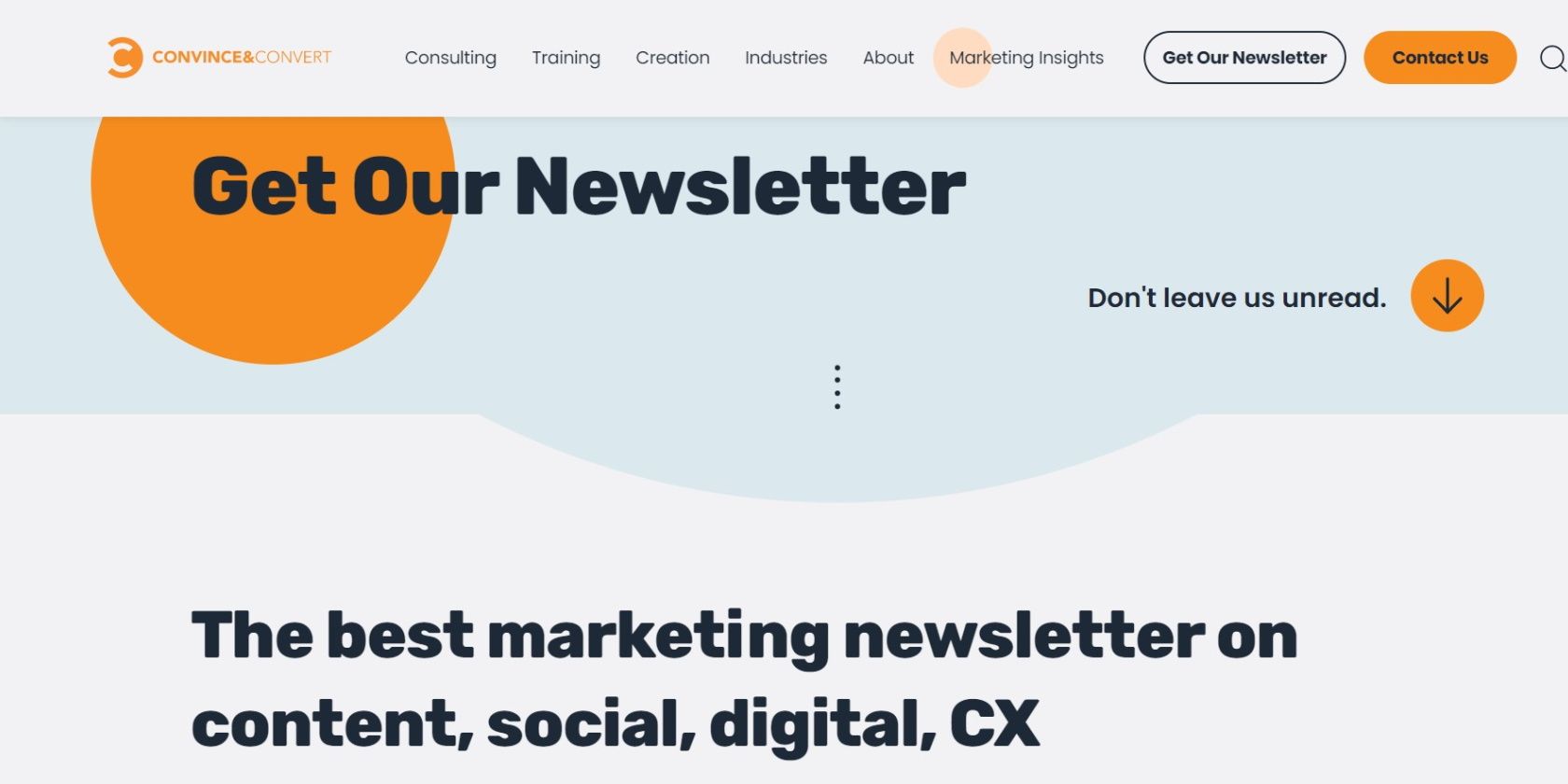
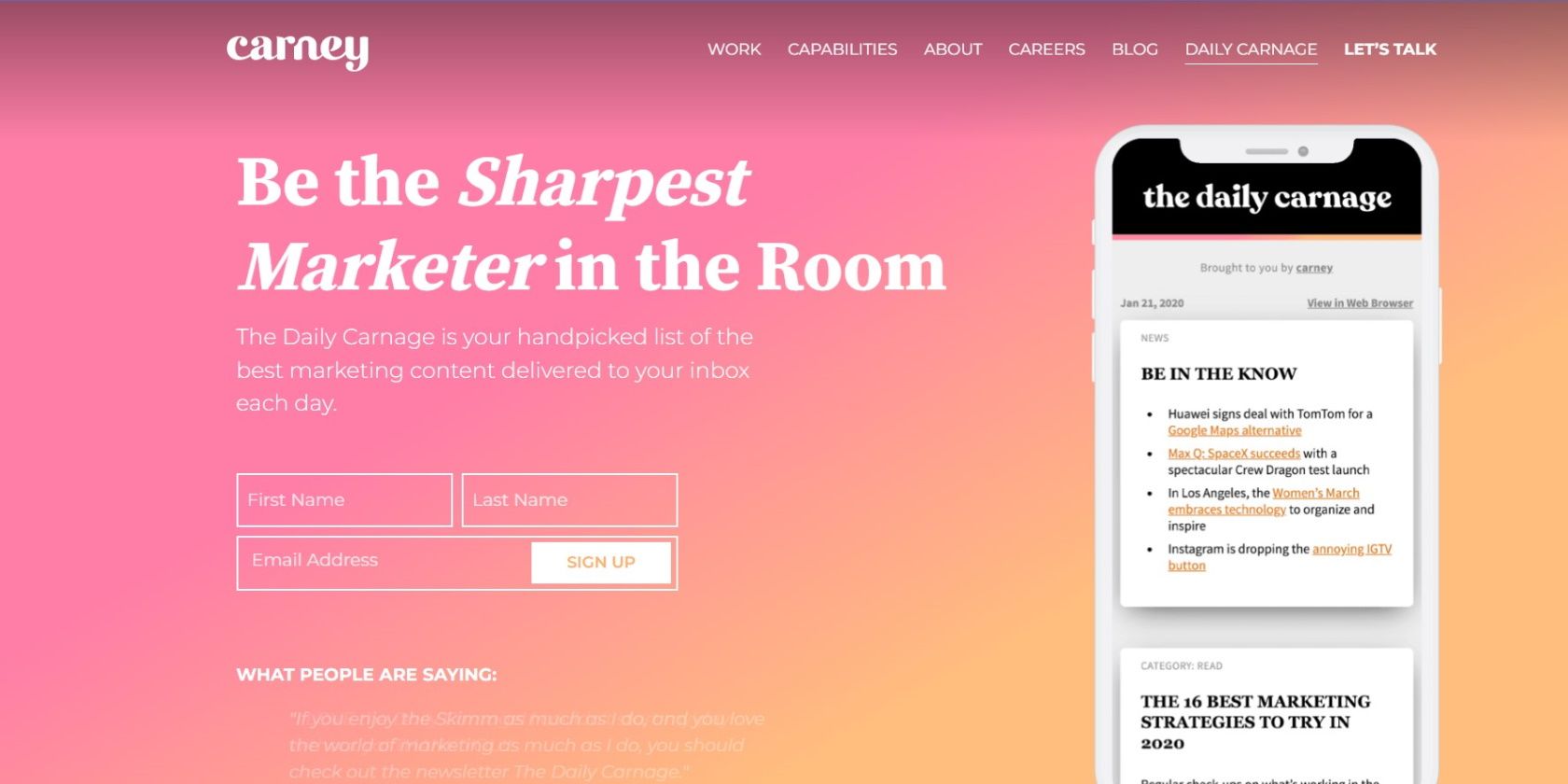
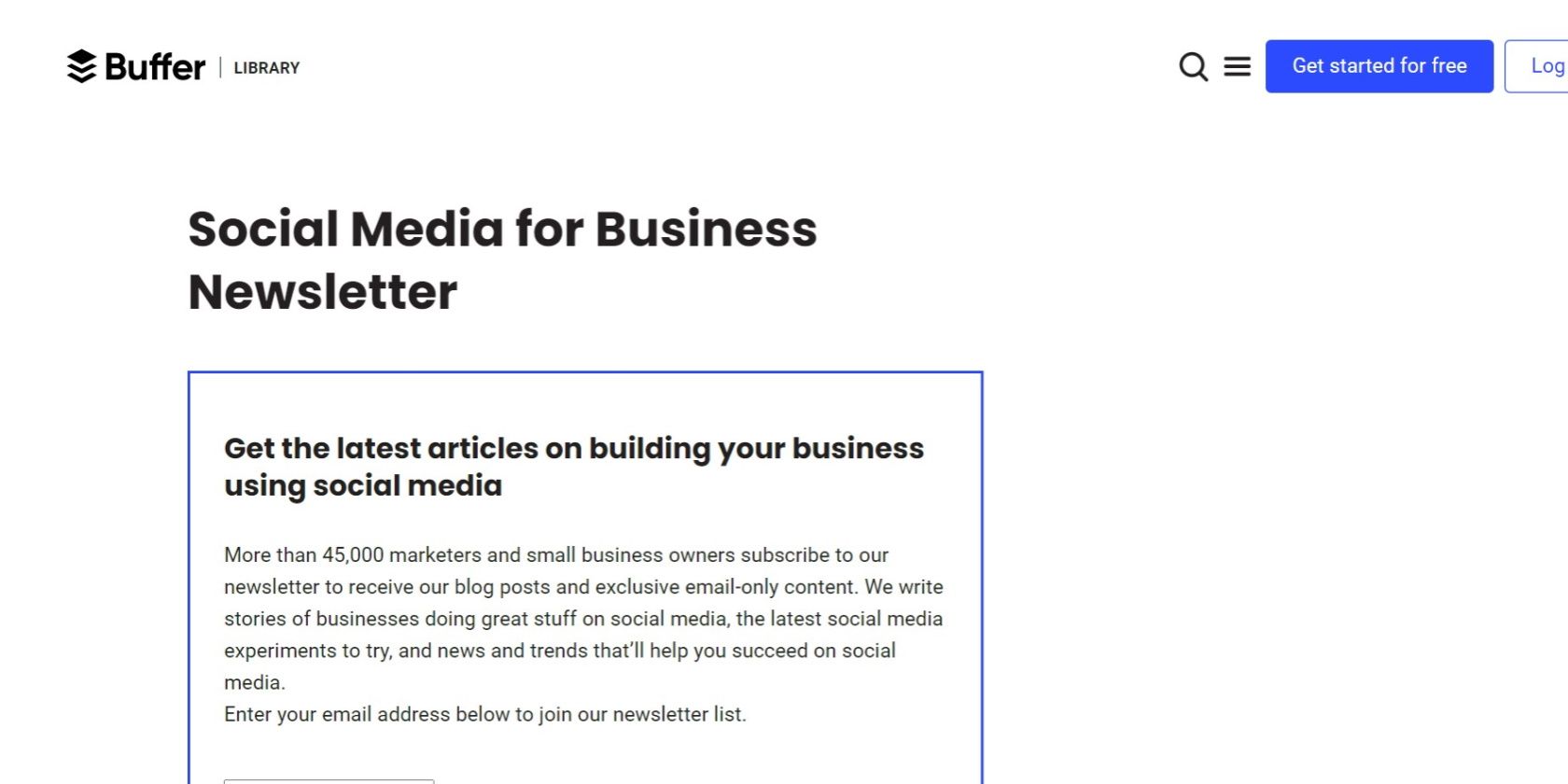
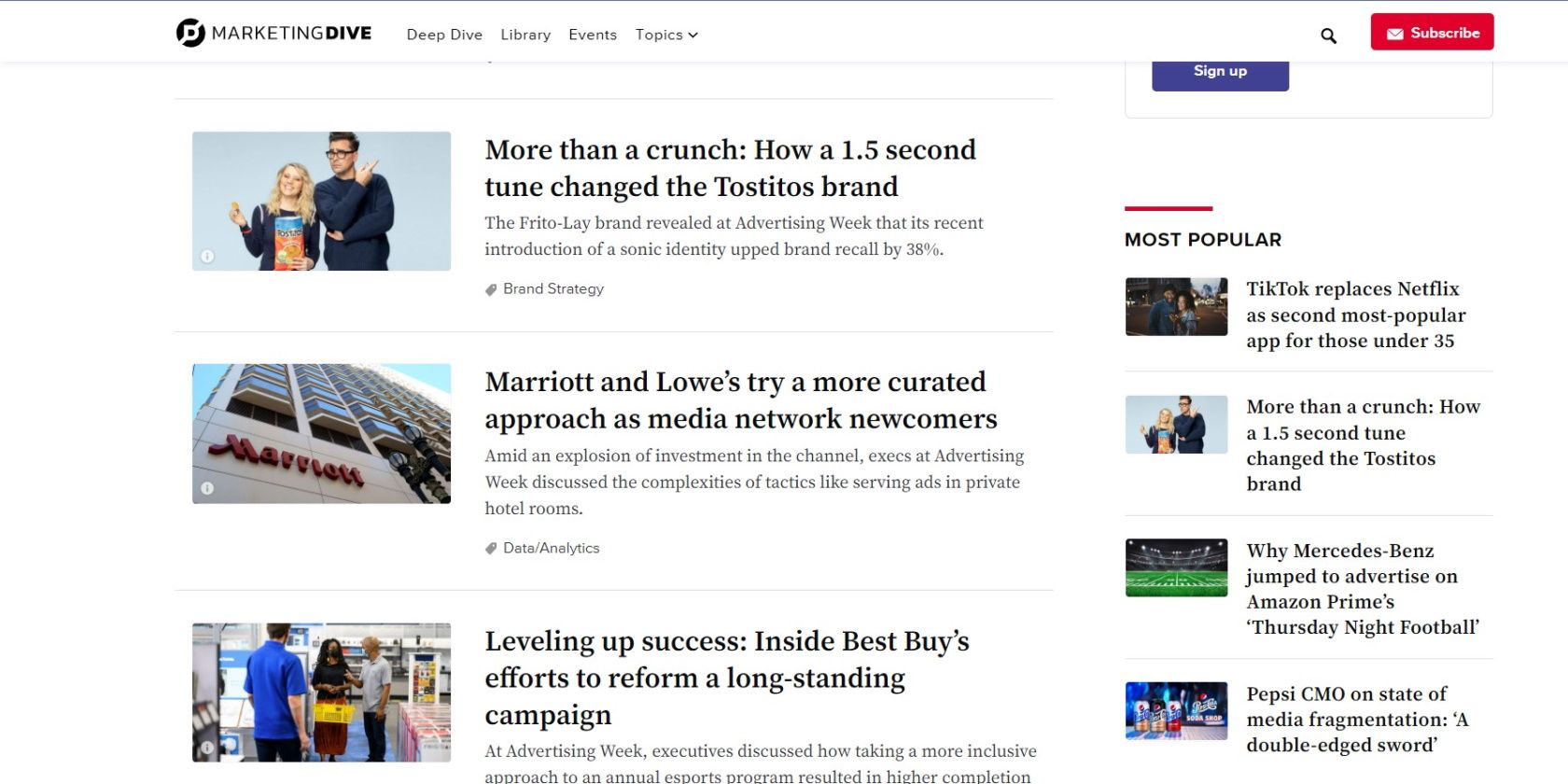
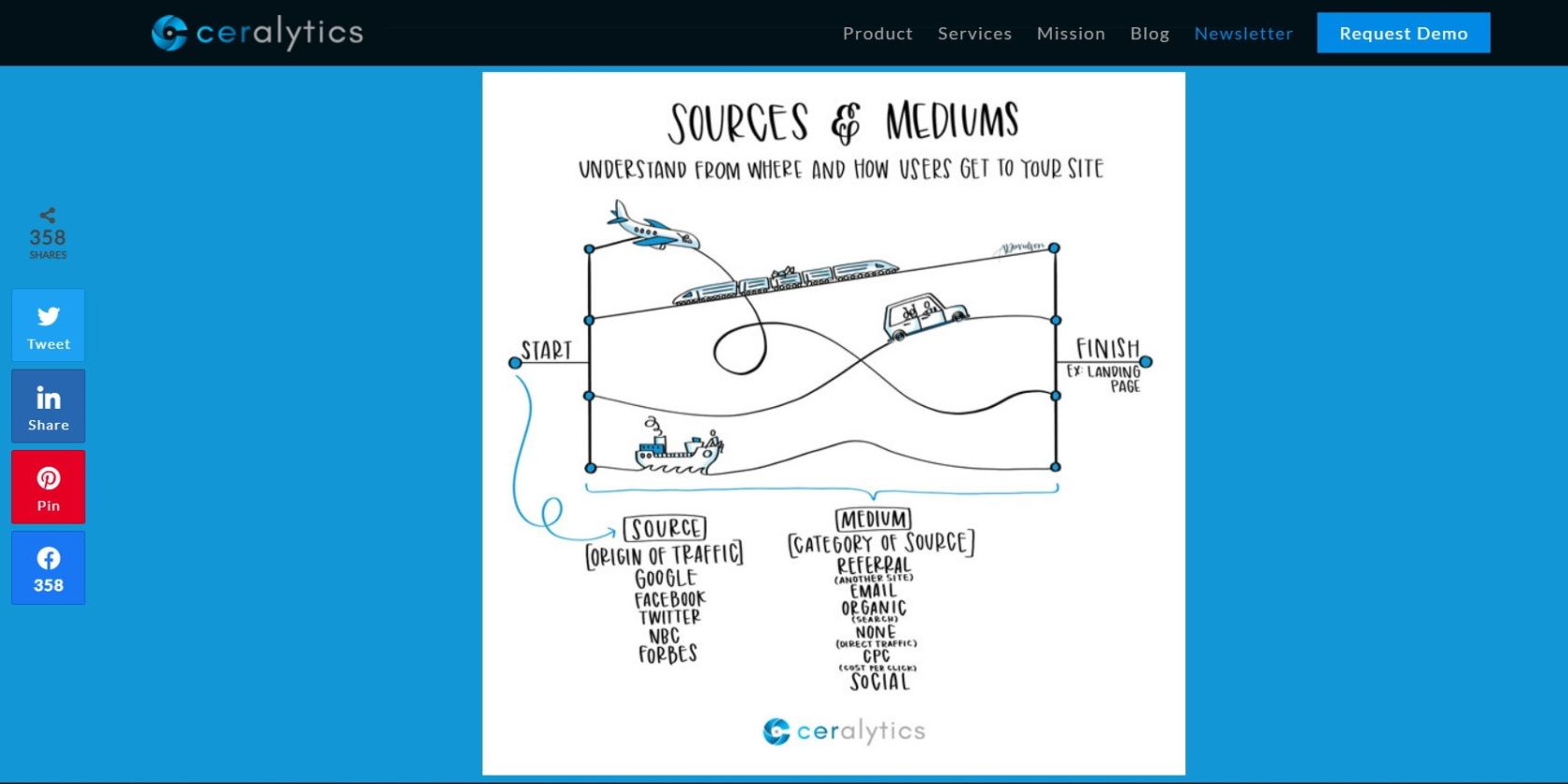
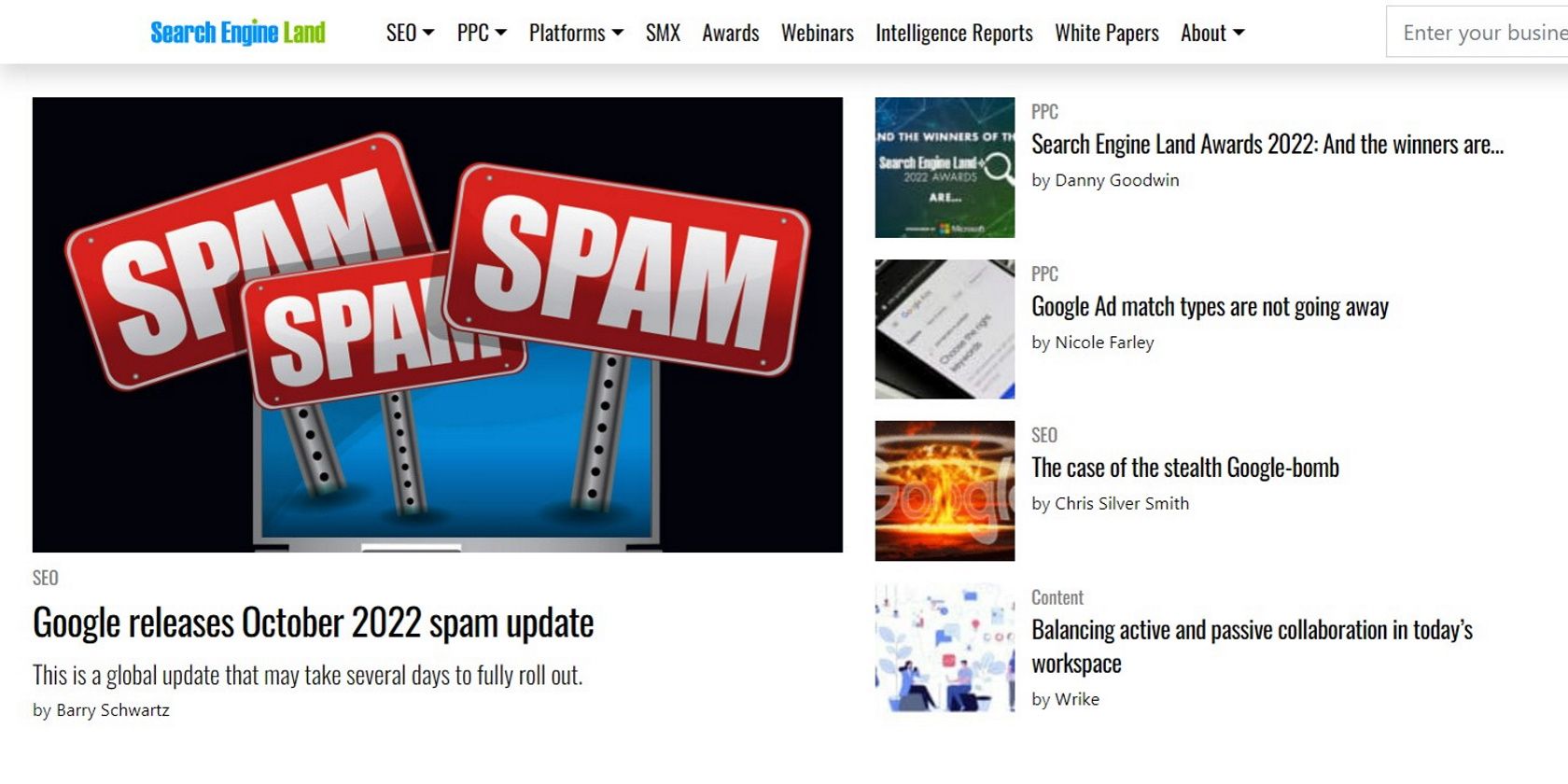
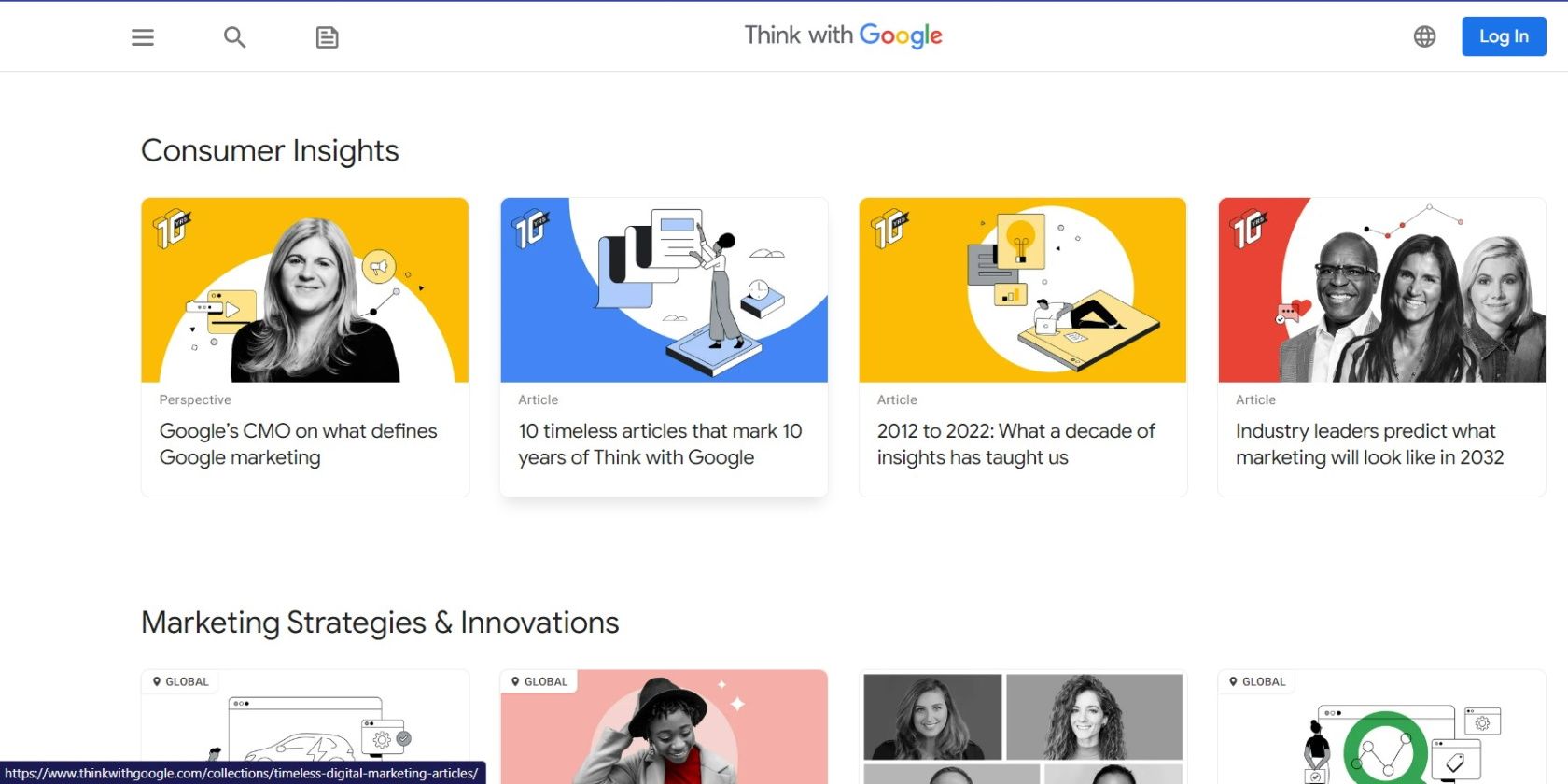
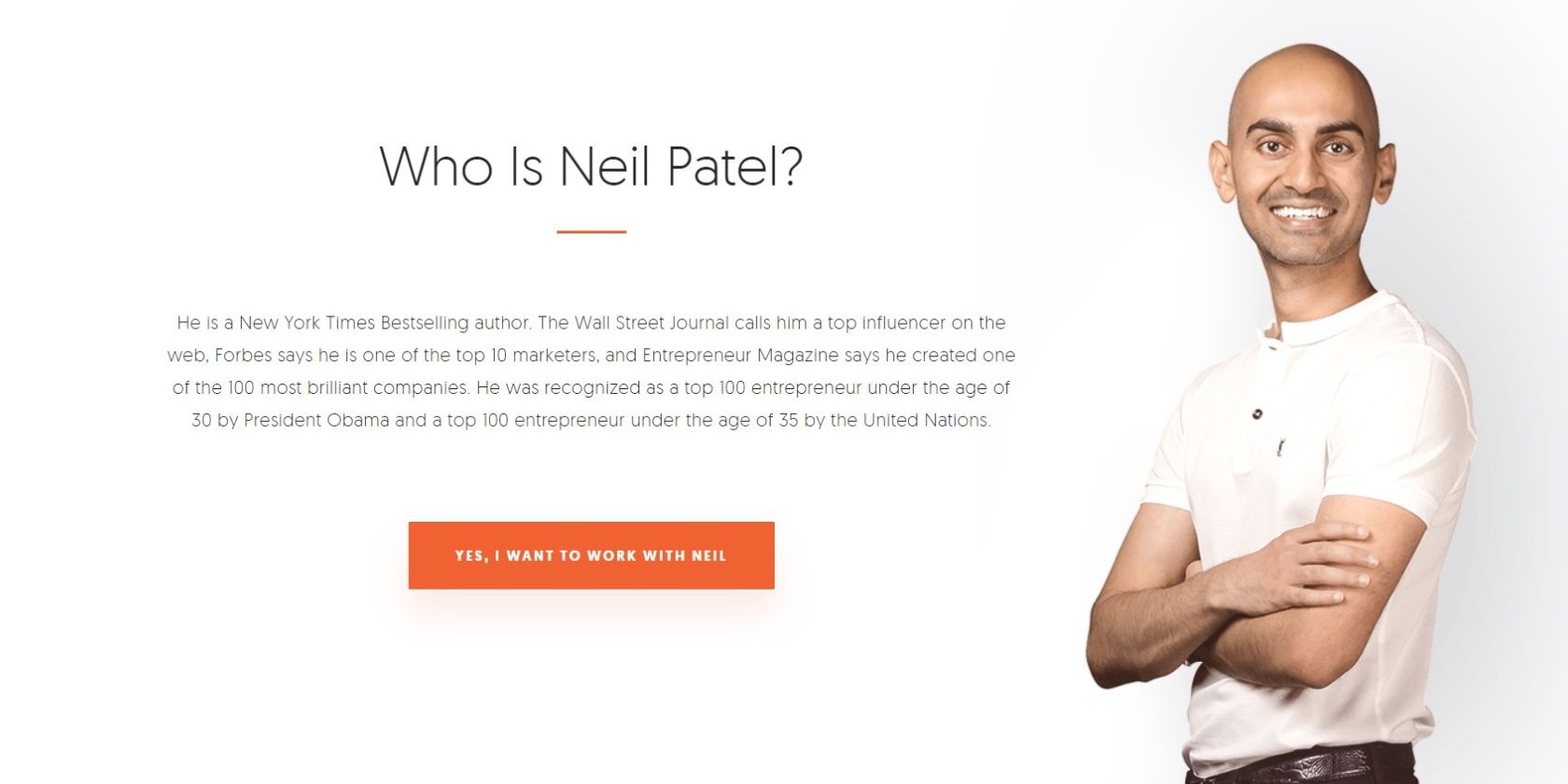
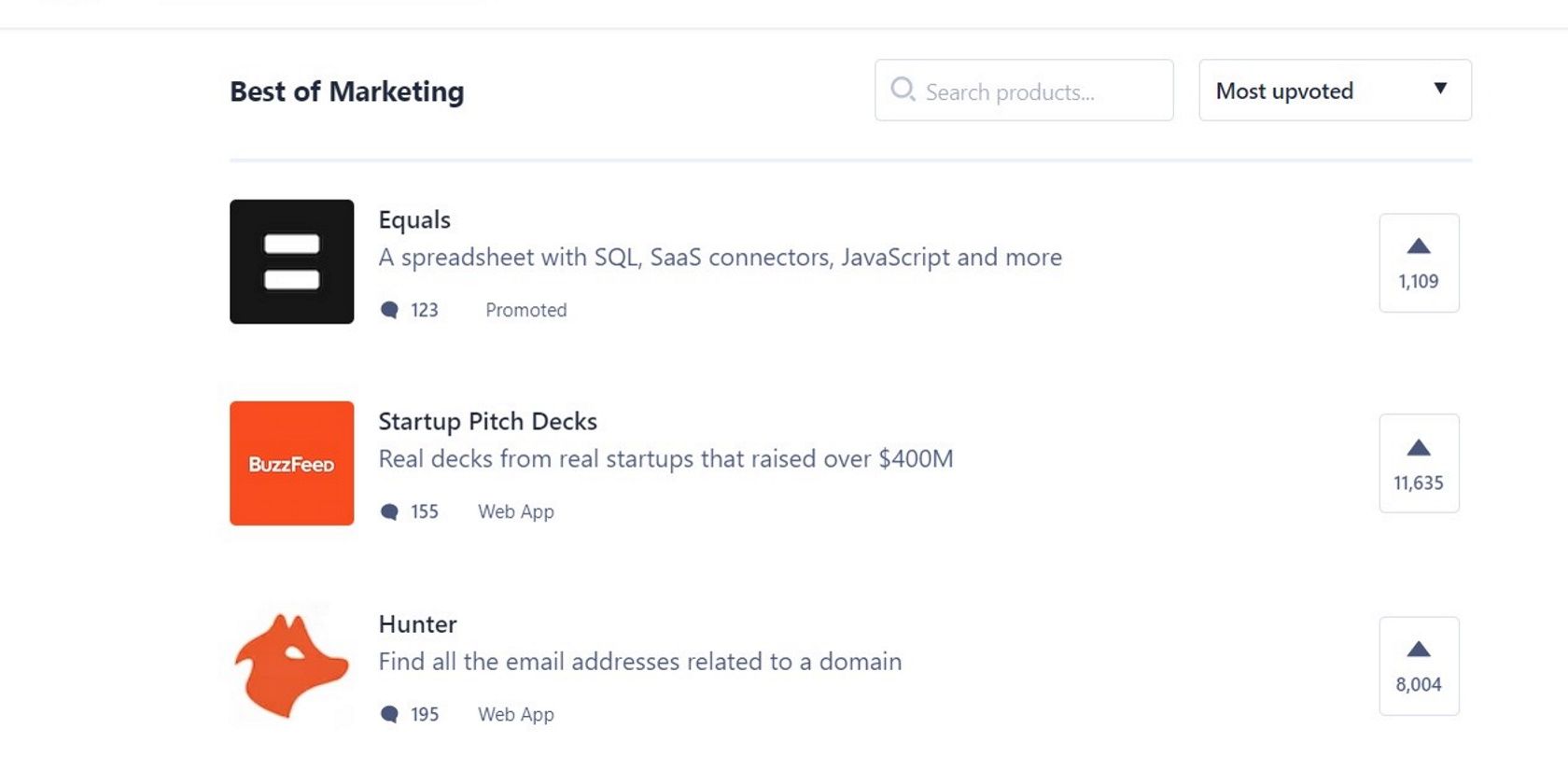
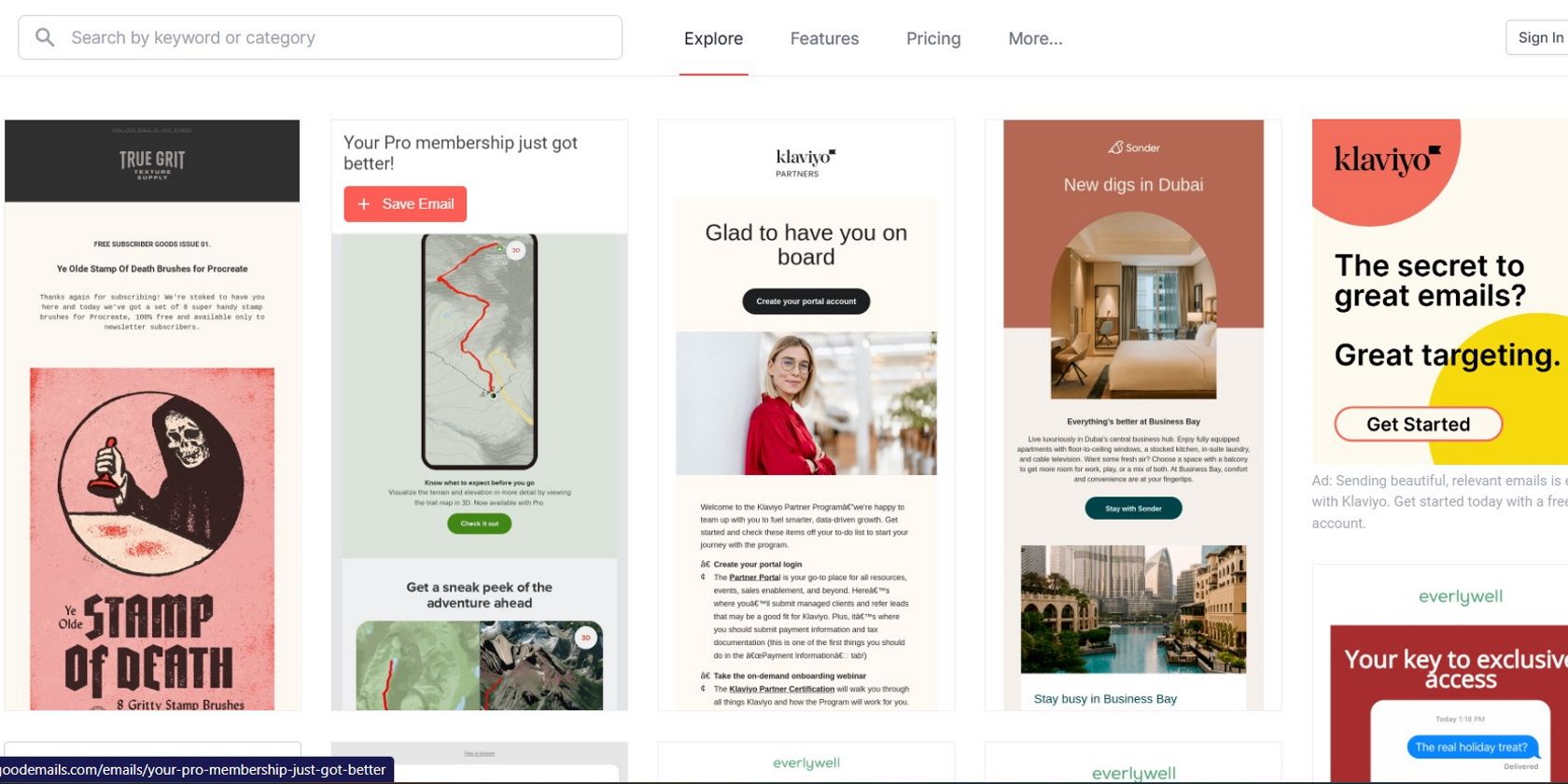














 “It’s the kind of role where you gain a really foundational knowledge of marketing.”
“It’s the kind of role where you gain a really foundational knowledge of marketing.”













